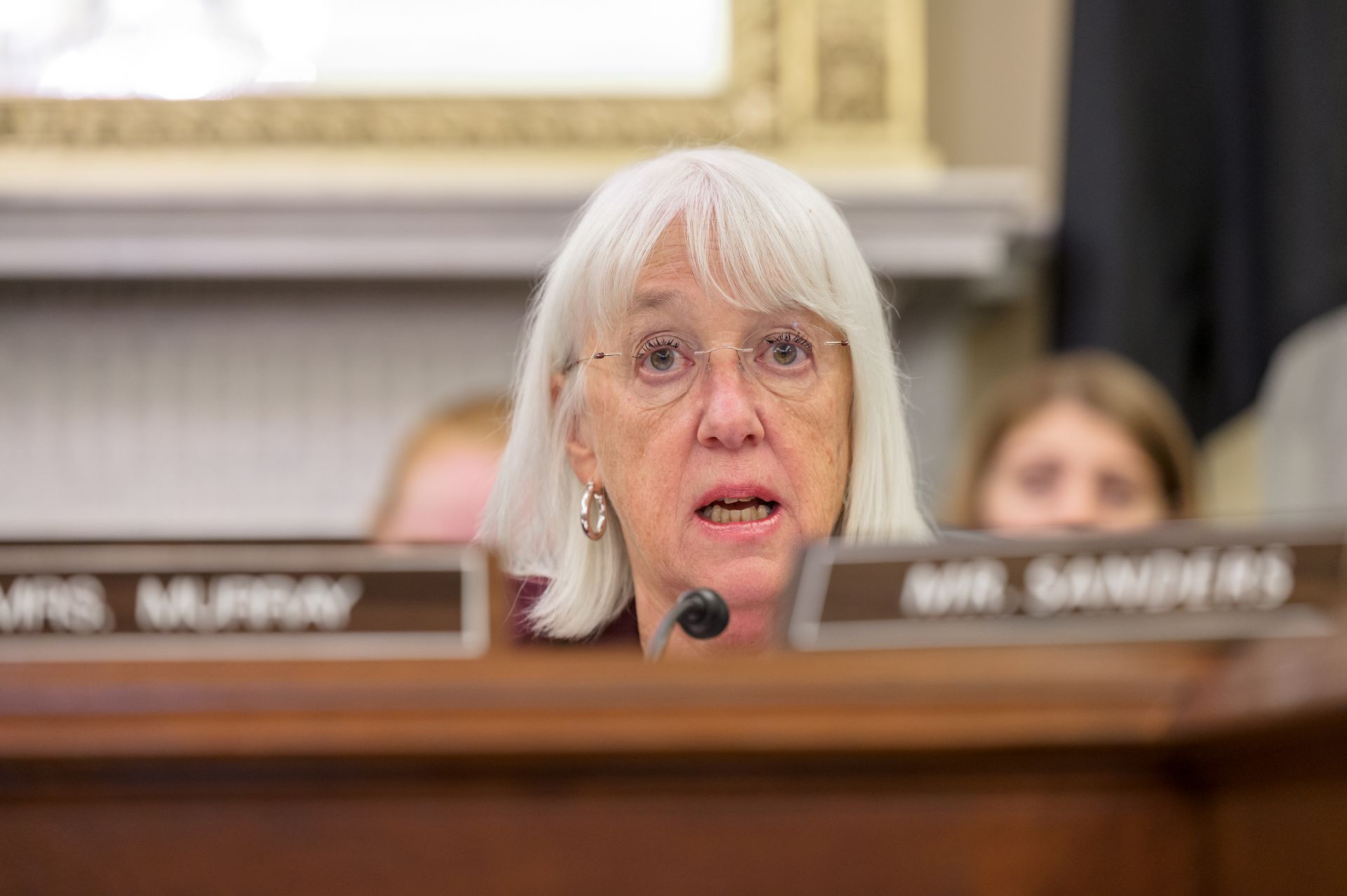At least 45% of U.S. tap water is estimated to be contaminated with PFAS chemicals, according to U.S. Geological Survey research
At 4 parts per trillion, EPA’s standard is stricter than Washington state’s—meaning hundreds of additional drinking-water sources across WA will need to be addressed
Washington DC - Today, U.S. Senator Patty Murray (D-WA), Chair of the Senate Appropriations Committee, applauded the Biden-Harris Administration’s announcement of the first-ever national, legally enforceable drinking water standard to protect communities from exposure to harmful per-and polyfluoroalkyl substances (PFAS), also known as “forever chemicals.” Exposure to PFAS has been linked to deadly cancers, impacts to the liver and heart, and immune and developmental damage to infants and children. The final rule will reduce PFAS exposure for approximately 100 million people, prevent thousands of deaths, and reduce tens of thousands of serious illnesses.
In addition to today’s final rule, the Environmental Protection Agency (EPA) also announced nearly $1 billion—including $17.321 million for Washington state—in newly available funding through the Bipartisan Infrastructure Law to help states implement PFAS testing and treatment at public water systems and to help owners of private wells address PFAS contamination.
“PFAS pollution in our drinking water is a serious public health threat, and we know that exposure over long periods of time can cause cancer and other life-threatening illnesses. The Biden-Harris administration has led the way from the beginning when it comes to combating toxic PFAS pollution—and this announcement means that for the first time ever, there will be a legally enforceable national standard to protect communities everywhere from PFAS in their drinking water. This is a huge step forward,” dijo el senador Murray.
“Safe drinking water is fundamental—and it’s something that we should be able to count on everywhere in the United States. While Washington state has taken significant steps to reduce PFAS contamination, these chemicals remain widespread, and a stronger national standard will mean fewer people in Washington state drinking water that contains dangerous PFAS chemicals. I will keep working every way I can as Appropriations Chair on a whole-of-government approach to tackling PFAS contamination,” Murray continuó.
Senator Murray has long worked to eliminate PFAS contamination and as Chair of the Senate Appropriations Committee she secured major investments in reducing PFAS pollution in this year’s appropriations bills for fiscal year 2024 that were signed into law in March. Senator Murray secured in the Defense Appropriations Bill an investment of $420.4 million for PFAS and aqueous film-forming foam (AFFF) clean up and remediation—an additional $151.6 million over the President’s budget request of $268.8 million. In addition, the MilCon-VA Appropriations Bill included $100 million above the President’s budget request for environmental remediation activities, including PFAS monitoring and clean-up at BRAC installations.
El senador Murray ha sido consistente en su vigilancia of PFAS contamination over many years. She has presionado EPA Administrator Michael Regan on what the EPA is doing to eradicate PFAS and improve drinking water quality for military families and raised the issue with Army Secretary Christine Wormuth. Over the years, Murray has called on EPA to deliver on its PFAS Action Plan, pressed DoD and EPA for answers on reports of efforts to weaken contamination standards and pushed for federal resources para abordar la contaminación del agua cerca de las bases militares. El senador Murray también luchó incluir a los bomberos en estudios sobre los efectos en los trabajadores expuestos a PFAS en el trabajo, y ha exigido que la Marina tome todas las medidas necesarias para abordar la contaminación por PFAS en el condado de Kitsap.
###


